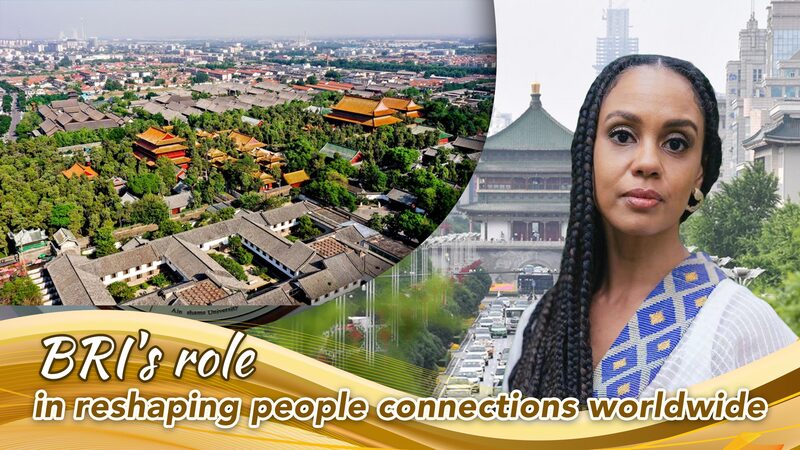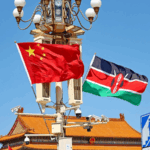Think international cooperation is just about trade deals and infrastructure? Think again! 📢 Over the past decade, China's Belt and Road Initiative (BRI) has quietly rewired how people connect globally – and Africa's story shows why this matters.
Let’s break it down: The BRI’s focus on \"people-to-people ties\" tackles real-world barriers that stifle progress. Take Africa, where visa hurdles and fragmented infrastructure make even simple business trips feel like a Marvel-level quest 🦸. Kenyan professionals might need to fly via Europe just to reach Morocco, while intra-continental trade languishes below 20% (compared to Asia’s 60%!).
Nanjala Nyabola’s book Travelling While Black paints a vivid picture: migrants facing racism, bureaucratic walls, and life-threatening journeys. But here’s the twist: BRI-backed projects like upgraded ports and cross-border railways are slowly turning the tide. 🚂 By easing travel and trade logistics, they’re helping African entrepreneurs leapfrog old obstacles.
\"People are the glue of global partnerships,\" says China’s BRI white paper. And it’s not just theory: smoother visa processes and cultural exchanges are creating new networks. Imagine chefs sharing recipes in Nairobi, tech startups collaborating across borders, or artists blending traditions – that’s the BRI’s unofficial soundtrack 🎶.
While challenges remain, the BRI has already sparked a quiet revolution in how nations interact – one plane ticket, trade deal, and handshake at a time. 💼🤝
Reference(s):
cgtn.com



